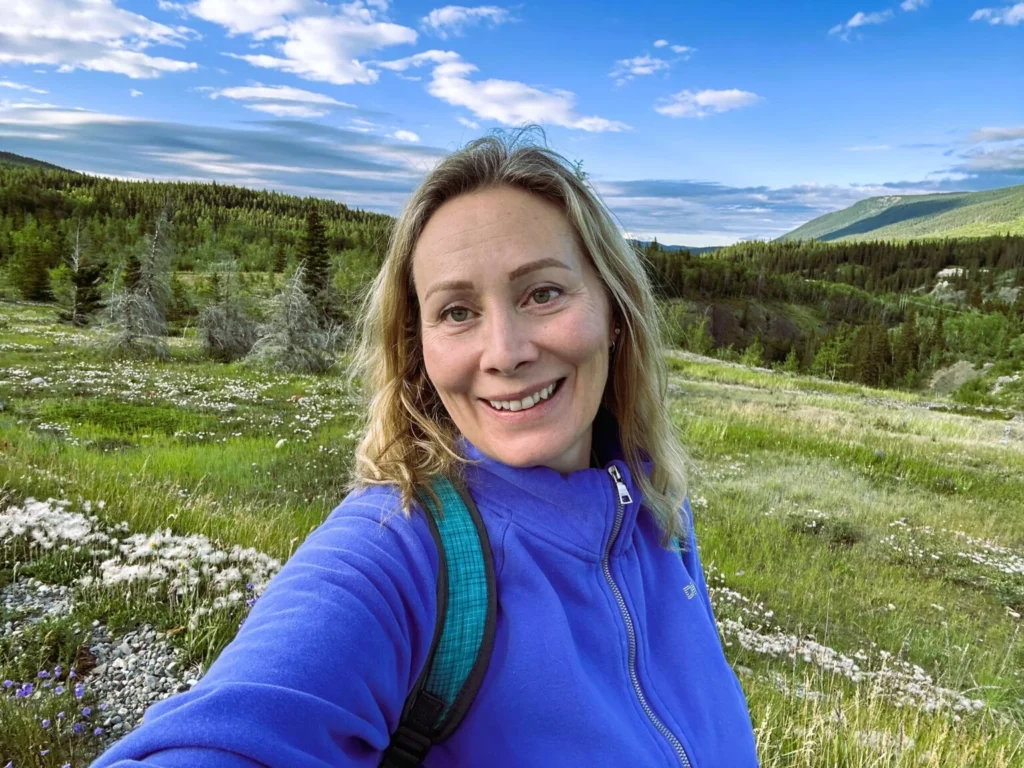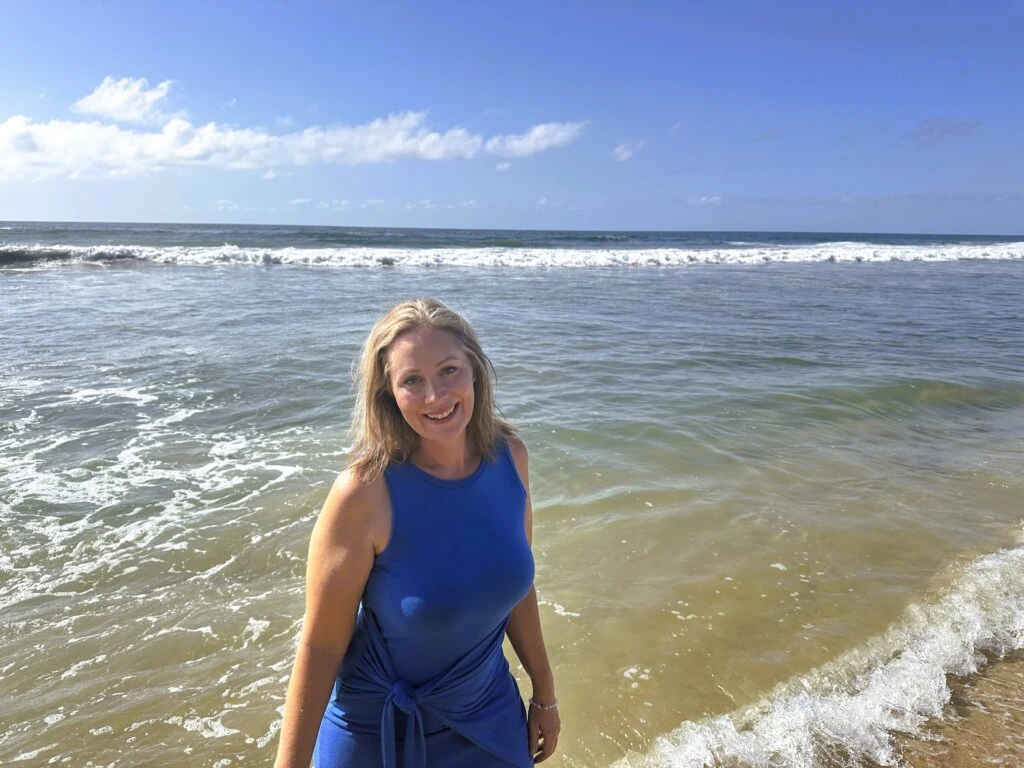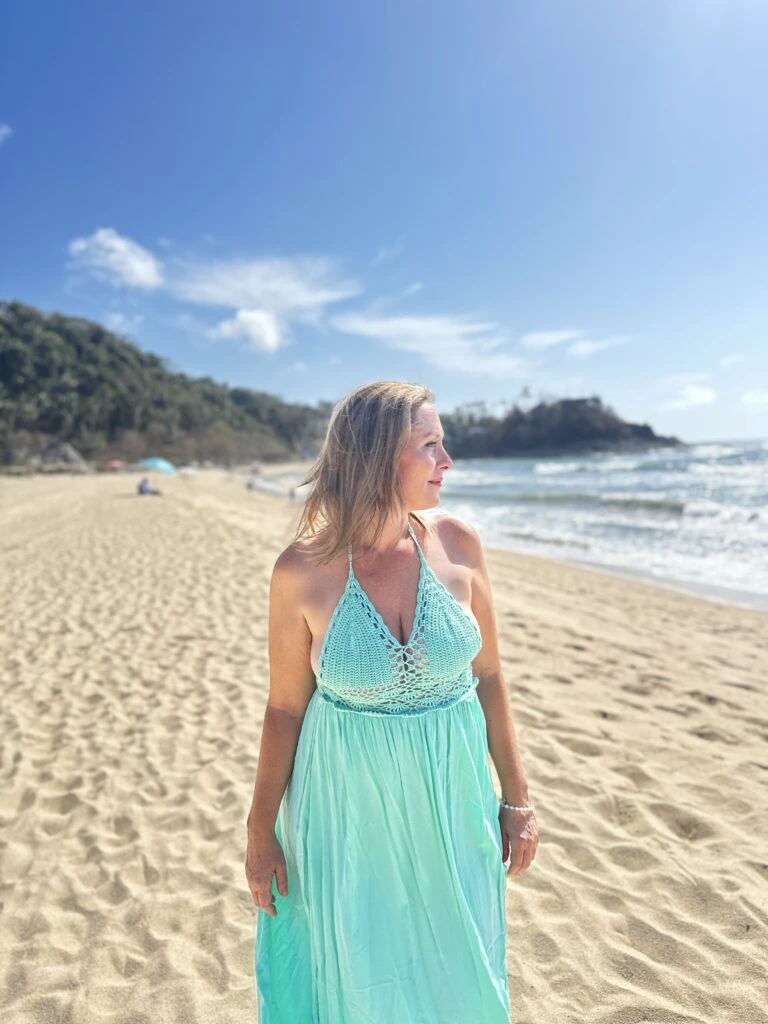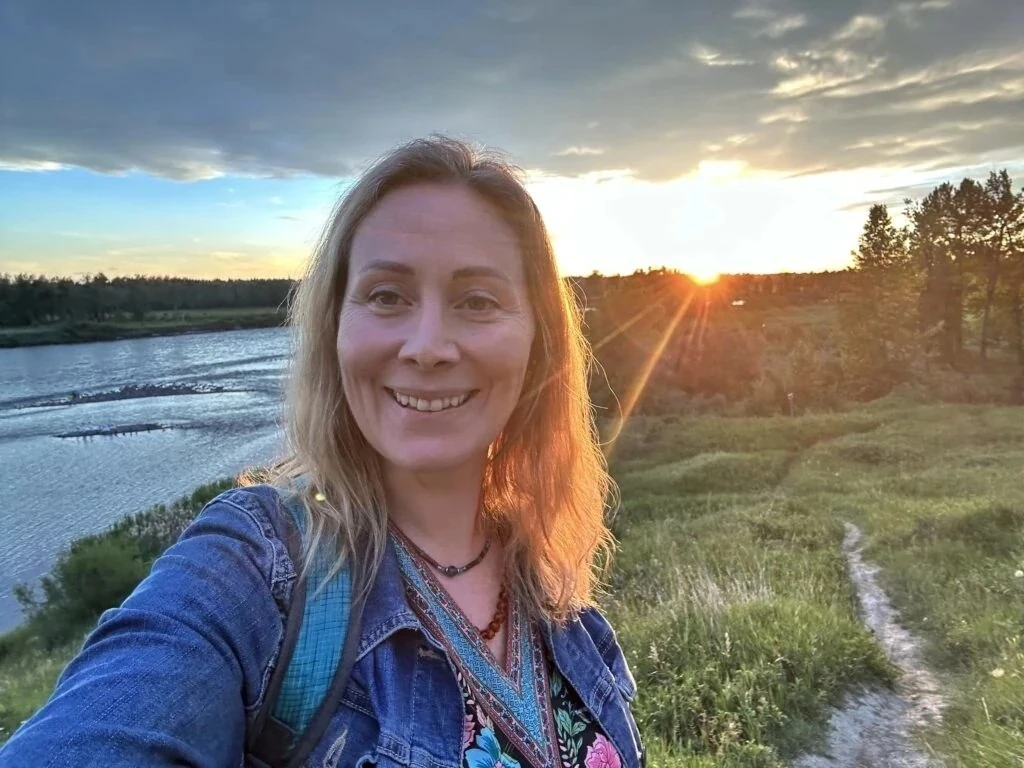About

Hi, I’m Lia Diane.
I help neurodivergent women reconnect with their most authentic selves.
I am a late-diagnosed woman with Autism and ADHD who knows how to rise from the ashes. I am also a mother to two extraordinary children with AuDHD, as well as a counsellor, writer, neurodiversity advocate, educator, and content creator.
I know what it feels like to live life wearing a mask.

For most of my life, I didn’t know I was neurodivergent. I only knew I felt different. As a child who experienced abuse and neglect, I learned early on how to shrink myself in order to survive. I became a people pleaser, losing touch with my true identity and personal power. I faced bullying, struggled to fit in, and spent years second-guessing my worth.
Adulthood brought a series of unexpected challenges. I encountered discrimination and sexual assault, endured more bullying, dealt with infertility and depression, and raised children on the autism spectrum. I experienced the devastating loss of my third child and homeschooled my kids for many years. Additionally, I moved to new cities multiple times, witnessed the unraveling of my marriage, and lived in a foreign country for four years. Through it all, I found the courage to come out as both an autistic woman and queer.
Each chapter felt like a death and a rebirth. Like a phoenix rising from the ashes, I learned a little more each time to embrace a truer version of myself – not the version the world demanded of me, but the one I had buried deep beneath years of masking.
Over the past 28 years, I have worked with neurodivergent individuals of all ages. While I hold degrees in Bachelor of Arts and a Bachelor of Social Work, my most significant education has come from life experiences. Raising my incredible children with AuDHD, living in two different countries and more than twenty cities, while navigating autism, ADHD, chronic anxiety, psoriasis, and arthritis, has contributed to my journey. Throughout it all, I have focused on creating a life rooted in authenticity and joy.

Today, I help women like you step out of the shadows of self-doubt and into the light of self-acceptance. My approach is warm, raw, and infused with humour. I believe healing isn’t about fixing yourself, it’s about remembering who you’ve always been.
When I’m not working with clients, writing, or creating content, you can find me wandering in the forest with my camera, hiking up mountains, dancing barefoot at drum circles, swimming in wild lakes, or stand-up paddleboarding under the sun.
This is more than a career for me; it’s a calling – it’s my soul’s happy path. My hope is that through my work, you’ll feel seen, understood, and inspired to live unapologetically as yourself.
If you’re ready to take off the mask and rise, I’m here to walk alongside you.
